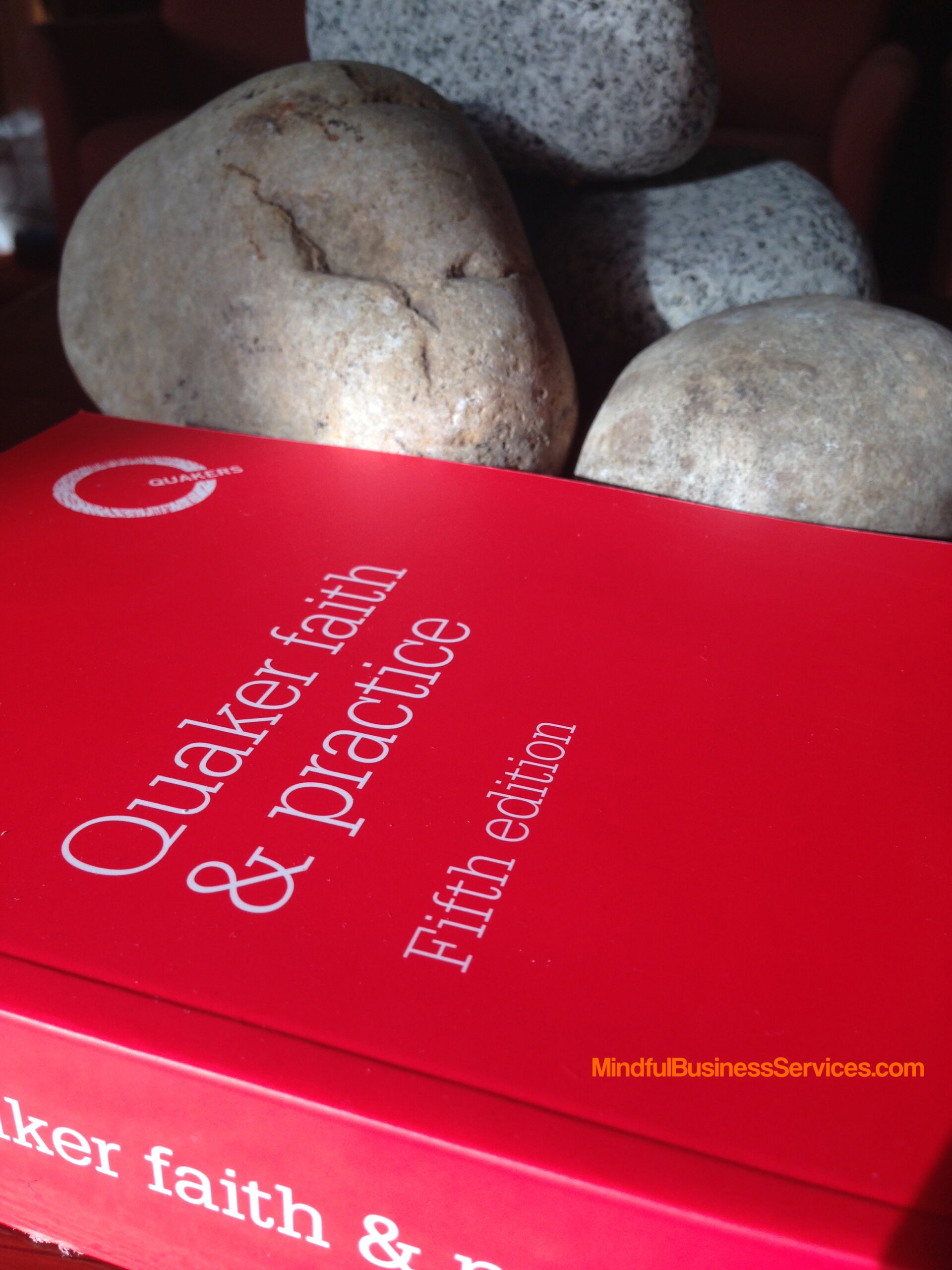
Prayer is an exercise of the spirit, as thought is of the mind. To pray about anything is to use the powers of our spirit on it, just as to think clearly is to use our mental powers. For the best solution of every problem, the best carrying out of every action, both thought and prayer are necessary… To pray about any day’s work does not mean to ask success in it. It means, first to realise my own inability to do even a familiar job, as it truly should be done, unless I am in touch with eternity, unless I do it ‘unto God’, unless I have the Father with me. It means to see ‘my’ work as part of a whole, to see ‘myself’ as not mattering much, but my faith, the energy, will and striving, which I put into the work, as mattering a great deal. My faith is the point in me at which God comes into my work; through faith the work is given dignity and value. And if, through some weakness of mine, or fault of others, or just ‘unavoidable circumstances’, the work seems a failure, yet prayer is not wasted when it is unanswered, any more than love is wasted when it is unreturned.
Mary F Smith, 1936 Qf&p 20.07
Prayer is often a tricky topic for Quakers. Instead, we talk about ‘holding in the light’ and of finding ‘way forward’. Yet one of the things that makes a Quaker business meeting so very different from a secular business meeting is that it is grounded in prayer. The Quaker Business Method involves coming with heart and mind prepared, listening not only to those speaking, but to those holding the silence and trying to touch the divine, plus being willing to seek the best way forward without holding their own agenda.
Being an active part of this Quaker Business Method is the responsibility of all members, not just the clerk or elders. Accepting whatever you are called to today, that it might be different than on another day – whether it is holding the silence, listening for those prompts of love and truth, speaking only when you are responding to a leading, and listening for the meaning within unclear or hurtful words are all part of a spiritual discipline. These habits also work well in a work situation, especially when dealing with the general public I’ve found over the year.
Starting the workday, or a work task, by pausing and mentally transitioning from the previous activities is useful. Taking that moment to ask God to help you do this work with love, to see that of God in those you are interacting with and to live out those testimonies that you hold dear as you go through the work.
Through doing this I’ve found that even day-to-day tasks take on aspects of vocation rather than drudgery. It also helps me to maintain good boundaries, accepting that there is a time to stop and let someone else have a turn. Rather than feeling, I need to do everything. After all – I’ve already accepted I can’t do it all by asking for that help.






